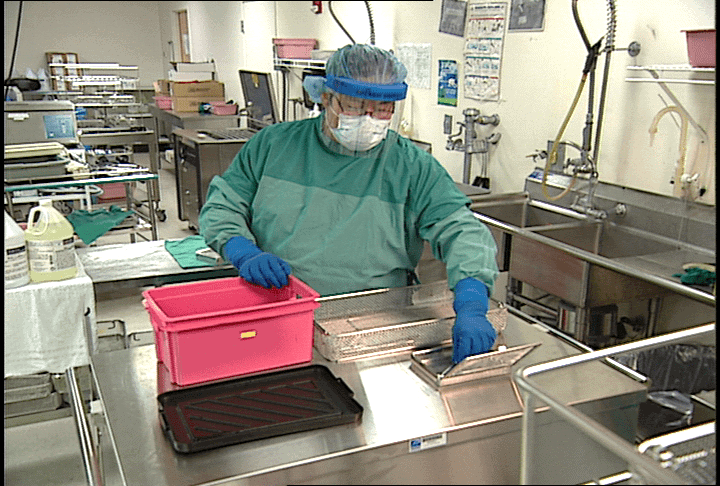Medical device market entry and licensing is an area of increasing importance as the field expands and more stringent procedures are needed to keep companies regulated and patients safe.
The market for medical devices
The market for medical devices continues to boom as healthcare companies and manufacturers compete for viable buyers. The World Health Organisation (WHO) has sought to clarify the definition of the term, medical device, as well as related terminology of significance. Medical devices is a term that can apply to a vast range of products, from appliances, instruments and apparatus to materials and implants. They can be utilised for a host of purposes and an abundance of health issues, from the point of diagnostic investigation to treatment, be those common ailments, rare illnesses or serious, life-threatening conditions.
There are guidelines for different types of devices within the UK, including, but not limited to, those using an ancillary medicinal substance and devices that are custom made.
Governmental input is vital in ensuring regulation of a medical device before and during its lifetime in the market.
Procedural elements to devices entering the market
To be entered into the medical market, such a device must be adequately tested and authorised, having been through a rigorous process of risk management. According to WHO, a risk analysis should be undertaken as part of a risk assessment to highlight any and all potential hazards, and a risk evaluation should follow to estimate the risk of each identified danger. The European Union classifies medical devices based on these assessed risks into three general categories. Safety and performance should therefore be assured to the highest degree possible, and an estimated lifespan for the device should be duly noted.
Regulatory bodies need to be notified in order to enter and license a product. Devices will require EC certification to be issued by the accredited Notified Body, which will result in a CE mark with, or on, the device.
Clinical effectiveness, referring to how well it has the desired effect on the medical condition in question, and performance, including safety, are all important factors that contribute to success in the medical market.
Licensing for medical devices within the EU varies somewhat depending on the product classification. Class I devices generally do not need to submit thorough information for pre-market controls, although developers will still need to ensure product safety and adhere to labelling and performance guidelines. Class II and III products would give a Declaration of Conformity to the EC Directives, and information on the assessment protocols followed. Devices that are classed as being of a higher risk will also need to have their EC Certificates submitted to the competent authority.
The current legislation in place for the UK when it comes to medical device market entry and licensing are designed to ensure such products meet minimum guidelines, are adequately risk assessed and are safe for use prior to marketing, sale and implementation.
It is important to note that regulation changes should be anticipated at all times, and that those developing and producing medical devices need to ensure that they are up to date with the current regulations for every country into which they sell their products.
EU Medical Device Directive(MDD) is transitioning to the Medical Device Regulation (MDR)The new EU MDR has a 3-year transition period and represents a considerable compliance challenge, but companies that start their transitions early and follow a solid, well-developed transition plan will find themselves with a competitive advantage.
Working with consultants experienced in navigating regulatory affairs provides additional insight, process and support in building protocols and required documentation.



